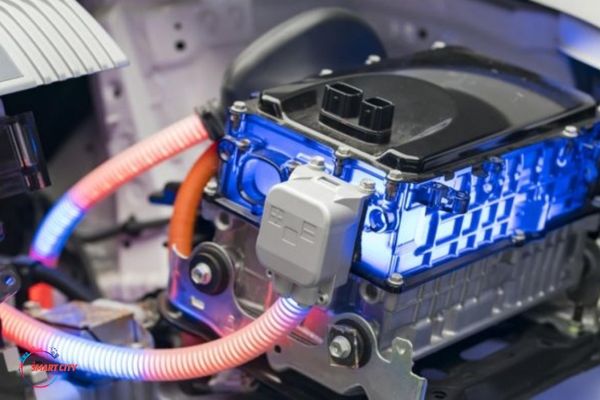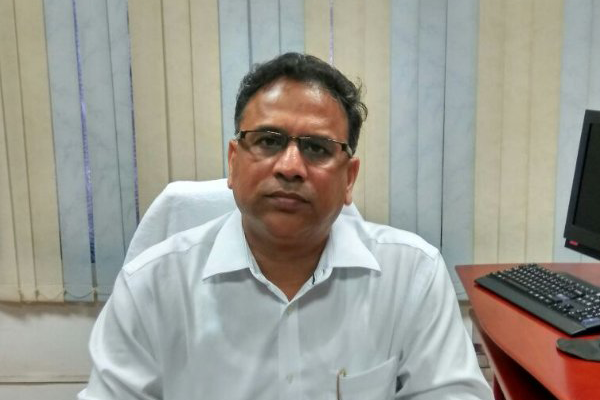
The Ministry of Road Transport and Highways after having wide consultation with the automobile industry has extended the EV battery testing standards, which were scheduled to be implemented from October 1, 2022. The Ministry said in its statement that upon repeated requests from the EV industry to extend the timeline, it has decided to give some more time to electric vehicle (EV) manufacturers.
The norms which will be valid for electric two-wheelers, three-wheelers, quadricycles, and cars, have several amendments including additional safety requirements related to battery cells, battery management systems, onboard chargers, the design of battery packs, and thermal propagation due to internal cell short circuits leading to a fire.
“While the majority of the required parameters are easily met, some new requirements have been added in the new amendment that necessitates battery design changes. The design and development and rigorous testing of these changes are required to ensure effective implementation. Hence, it is imperative to have some bandwidth in terms of timelines to execute the changes. Therefore, the EV industry seeks a humble extension from the government to allow us to execute the changes. A phased implementation timeframe can be looked at jointly with the testing agencies and the ministry too,” Sohinder Gill, Director General, Society of Manufacturers of Electric Vehicles (SMEV), and CEO, Hero Electric had earlier told Business Today TV.
Also Read | Chandigarh mobility getting smarter, Electric Vehicle Policy notified to turn it into Model EV City
Akshay Singhal, Founder & CEO at Log9 Materials, had earlier said, “The last six months have proven why we need to perfect our products and technologies specific to local operating conditions before they reach our customers. From rethinking our choice of cell chemistries to revamping BMS and battery architecture, the industry needs time to create a fail-proof system so that we never have to confront the issue of EV safety again. Haste in this matter will again create long-term issues.”





















